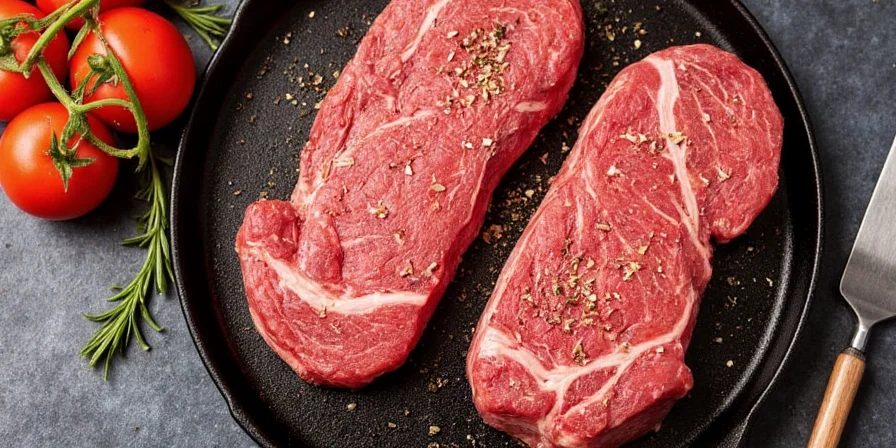
Stop guessing when to salt steak or why your rub burns. This guide answers exactly how long to season meat, when to use rubs vs marinades, and fixes common mistakes with science-backed timing and ratios.
When to Salt Meat: Timing That Actually Works
For perfect steak seasoning, salt your ribeye 45-60 minutes before cooking (not just before grilling). This gives time for salt's ions to restructure muscle fibers, creating better texture and deeper flavor. For roasts, salt 24+ hours ahead for full penetration. Chicken breasts? Salt immediately before cooking to avoid drying out. These precise timing windows solve the #1 seasoning mistake home cooks make.
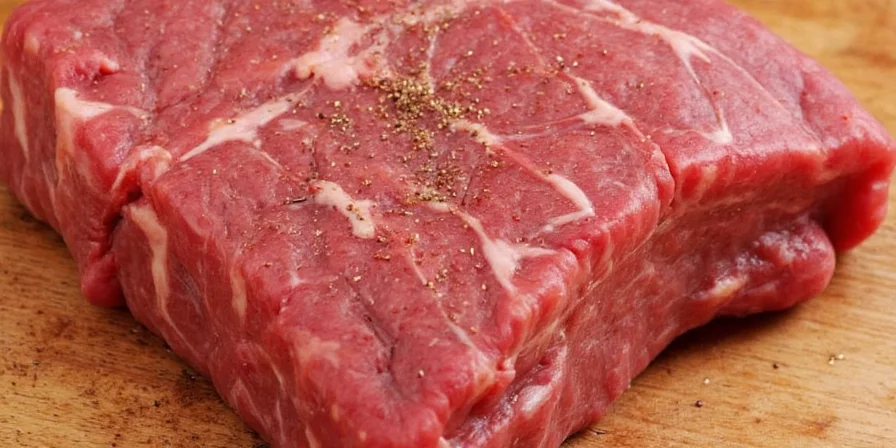
Dry Rub vs Marinade: Which to Use When
Choose correctly based on your cooking method and meat type:
| Factor | Dry Rub | Marinade |
|---|---|---|
| Best For | Steaks, chops (high-heat searing) | Poultry, tough cuts (slow cooking) |
| Timing | 1-24 hours before cooking | 2-12 hours (max 2 hours for chicken) |
| When to Avoid | Sugar rubs on high-heat grills | Acid marinades on fish |
| Flavor Retention | 95%+ (less runoff) | 60-70% (drip loss) |
| Texture Result | Crisp crust, juicy inside | Uniform tenderness |
Fix These 4 Common Seasoning Mistakes
- Burning rubs: Sugar burns above 350°F. Apply sugary rubs only during final 15 minutes of cooking.
- Mushy chicken: Acidic marinades break down proteins. Limit to 2 hours for poultry (never overnight).
- Uneven flavor: Pat meat dry before seasoning. Surface moisture blocks flavor adhesion.
- Bitter spices: Never add dry spices directly to acid. Bloom in oil first (3:1 oil to acid ratio).
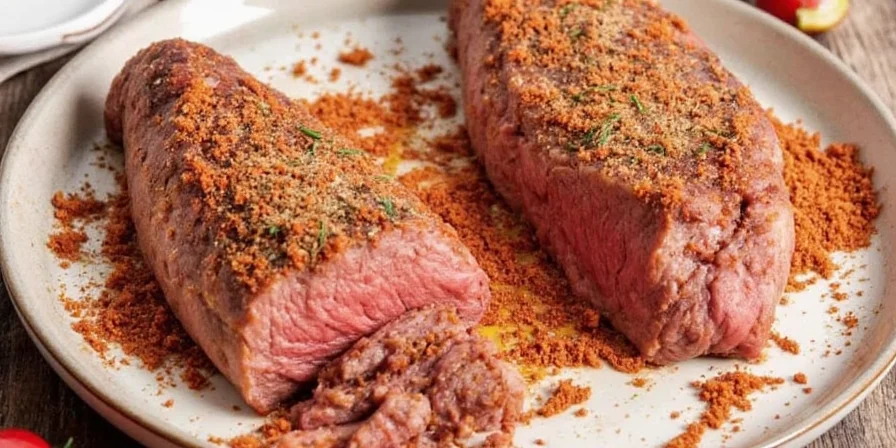
Protein-Specific Seasoning Cheat Sheet
Follow these exact combinations for each meat type:
| Meat | Best Technique | Timing | Key Ratios |
|---|---|---|---|
| Steak (Ribeye) | Dry rub with lipophilic spices | 45 min pre-cook | 1.5% salt by weight |
| Chicken Breast | Acid-forward marinade | Max 2 hours at 40°F | 3:1 oil to acid |
| Pork Chop | Hybrid: dry base + acidic finish | Marinate max 4 hours | 1 tsp brown sugar per pound |
| Salmon | Light dry rub + citrus finish | 15 min pre-cook | Minimal salt (0.75%) |
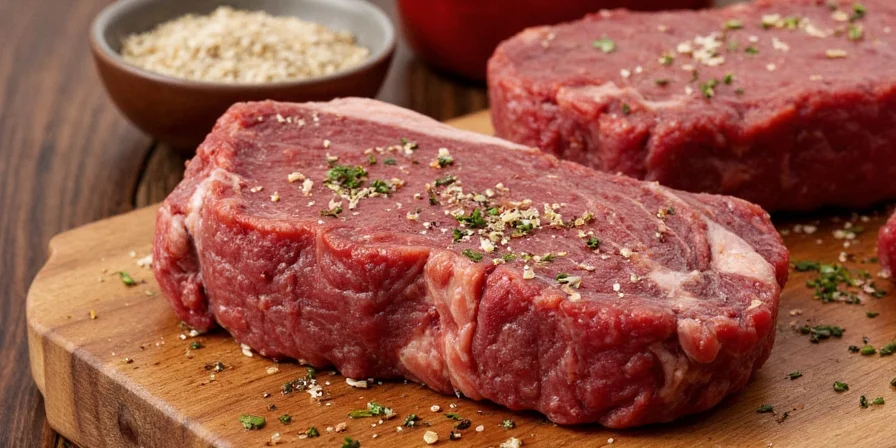
FAQ: Quick Answers to Top Seasoning Questions
This guide delivers exactly what home cooks need: precise timing windows, exact ratios, and solutions to the most frustrating seasoning problems. No culinary degree required—just follow these science-tested parameters for restaurant-quality results every time you cook meat.
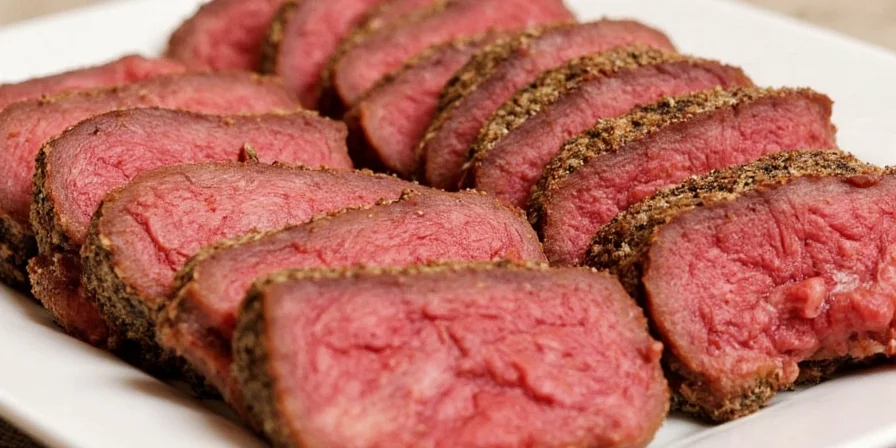

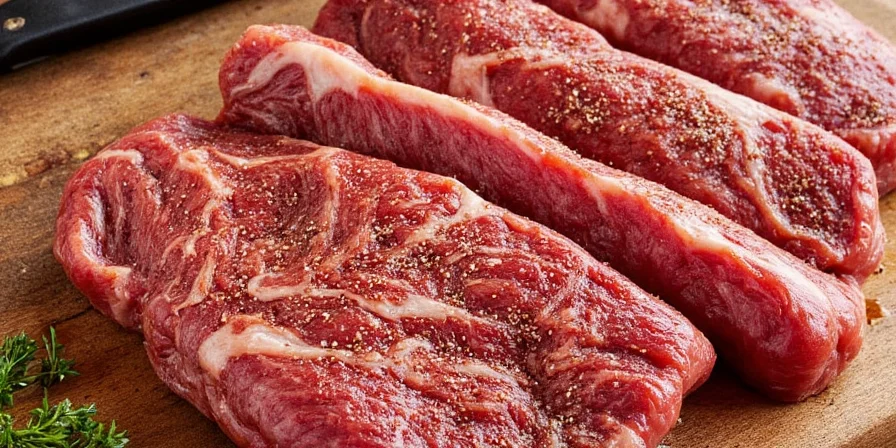









 浙公网安备
33010002000092号
浙公网安备
33010002000092号 浙B2-20120091-4
浙B2-20120091-4